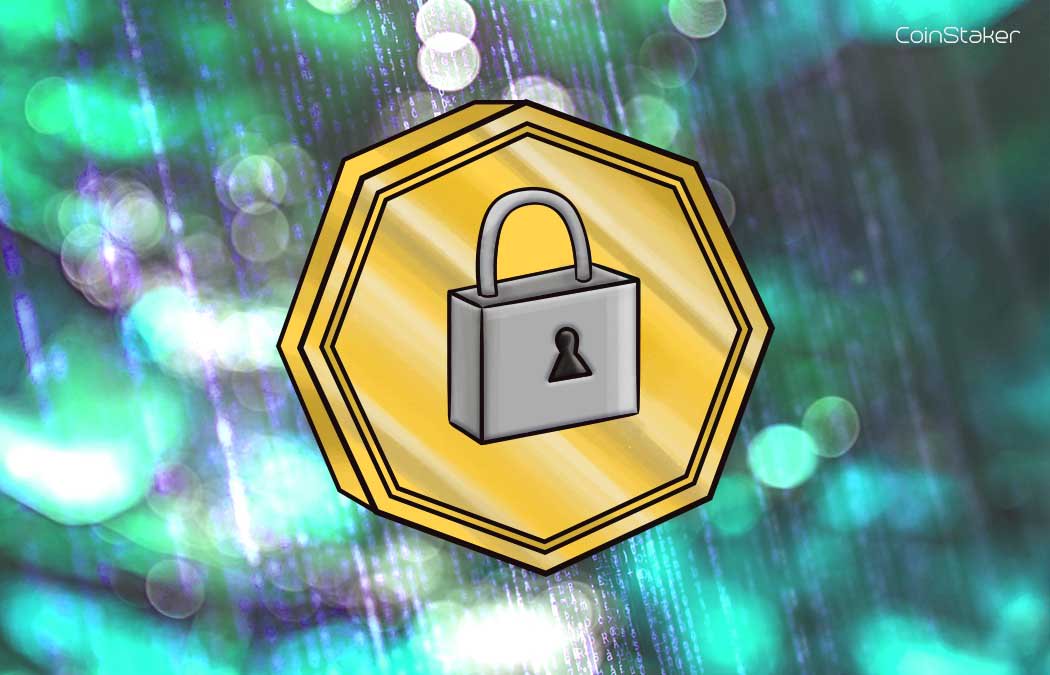
A Security Token Offering (STO) is different than Initial Coin Offerings (ICO), because the tokens issued by both offerings are quite different from one another. Initial Coin Offering issued tokens don’t provide their owners with special rights, benefits and obligations. Initial Coin Offerings issue Digital Currencies or Cryptocurrencies that provide their owners with access to services, platforms, specific networks or specific Blockchains and Distributed Ledgers.
An Initial Coin Offering is the Cryptocurrency equivalent of an Initial Public Offering (IPO). Companies issue an Initial Public Offering so they can go from private to public and to start selling their stocks and equity shares to the public. This way, companies can raise funding without the need of Venture Capitalists and financial institutions like banks. Initial Coin Offerings are an upgraded crowdfunding mechanism that solves many problems, some of them are the token distribution.
“Blockchain Technology can help with the democratization of assets and currencies into assets classes traditionally available only to elite institutional investors by providing investors with the opportunity to invest into a fund via liquid tradable digital tokens.”
On the other hand, Security Token Offerings (STOs) issue actual financial securities called security tokens, that are actually backed by something like assets, revenue or profits. Companies or Firms are the ones that issue these Security Tokens, which offer legal rights like revenue distribution, voting rights or other benefits like royalties.
Security Token Offering and Security Tokens
Security Tokens issued by a Security Token Offering act and perform almost the same as conventional securities. One of the biggest differences is that Security Tokens make fractional ownership stake possible and confirm ownership stake through Blockchain transactions. Security Tokens like Securities are subjected to federal laws and institutional regulations. Institutions regulate Securities and Security tokens to protect investors from fraud and counterfeit.
A Security Token Offering tokenizes Security Tokens and Securities that can be programmed to suit different needs. Most Security Tokens are tokenized on the Blockchain and use smart contracts to act a certain way or to solve certain problems without involving third party regulators.
Example: A loan can be tokenized on the Blockchain to automatically make payments without the use of traditional middleman like financial institutions, regulators or banks.
Security Tokens and Security Token Offering are regulated by the CFTC which is the Commodity Futures Trading Commission. The CFTC is an independent commission and agency of the United States federal government. They view Security Tokens and Cryptocurrencies like Bitcoin as commodities and thus they should be subjected to commodity regulations.
Another Security Token regulator is the IRS or the Internal Revenue Service agency. They define Cryptocurrencies and Security Tokens from a Security Token Offering as property, which should be subjected to taxes. The Securities Exchange Commision or SEC considers most of the Initial Coin Offering issued tokens as securities.
Security Token Offering regulations and laws
Commodity exchanges that provide a spot market for currencies and tokenized assets don’t need to be licensed as regulated entities, but a platform that offers Security Tokens are required to register as a national exchange, apply as a dealer, broker or an Alternative Trading System (ATS).
Firms that are involved or use financial assets like bonds, stocks, financial deposits and similar instruments or assets are required to comply with the Bank Secrecy Act, the USA Patriot Act and consumer protection laws. The Digitalization and Tokenization of private and public assets and shares will provide more opportunities than we can currently grasp. In the future, assets like real estate ownership will be tokenized, providing many benefits to the regular investors.
A Security Token Offering can issue Security Tokens under a couple of regulation standards. They are the Regulation A+, Regulation S, Regulation D and Regulation Crowdfunding. They tend to be cheaper, simpler and faster than executing an Initial Public Offering (IPO).
Tokens that are classified as securities usually provide investors with options of generating profits, dividends and voting rights, the same as ownership stake shares of publicly traded stocks.
Benefits of Security Tokens
Security tokens are mostly cost effective. Unlike other financial asset offerings, a Security Token Offering comes with very little administrative costs of buying and selling of assets. The cost efficiency allows people to generate substantial returns on their investments.
Security Tokens have a high liquidity most of the time and they are easier to trade globally. The easy access to international investors brings a lot of benefits for investors and the asset itself. The increased adoption of Digital Assets will peak in the following years as most conservative investors will open up to the possibility of making profits with Digital Assets.
Selling and buying Security Tokens is fast and easy, because of the automated Anti-Money Laundering (AML) checks and the Know your Customer (KYC) procedures. This in turn boosts the liquidity of Security Token Offering assets. These assets are also able to be traded at any time of the day, making them one of the few assets that can be traded 24/7.
If a company wants to issue a Security Token Offering, it will first need to register with the Securities Exchange Commission. The problem is that it is an expensive and complex process. It is time consuming, so in order to bypass this complex process, companies can use the JOBS act of 2012. The JOBS act wasn’t made for Security Token Offering, but it fits the needs of STO issuers.

Read more:
- Initial Coin Offering (ICO) Guide: What is an Initial Coin Offering and everything you need to know
- Top Initial Coin Offerings of 2018: ICOs that beat the Crypto bear market
- Why are Initial Exchange Offerings (IEO) less popular than Initial Coin Offerings (ICO)
- Coinbase Pro adds support for Ripple and the XRP token

The post Security Token Offering (STO) Guide: Everything you need to know about STOs appeared first on CoinStaker | Bitcoin News.



